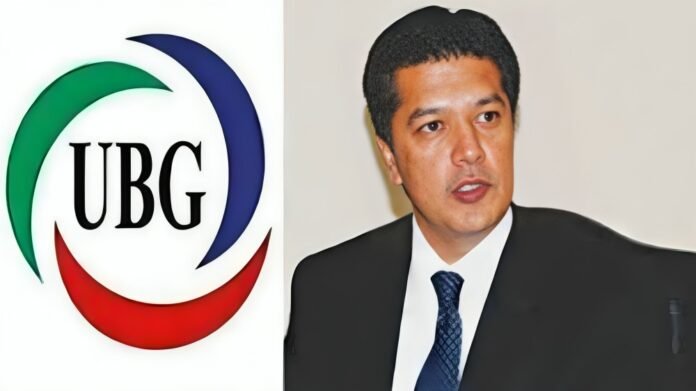United Business Group (UBG) patron-in-chief and former caretaker provincial minister for industry, commerce. And energy, SM Tanveer, has urged the federal government to cancel all contracts with Independent Power Producers (IPPs) immediately. And secure electricity from cheaper sources without any capacity charges.
Concerns Over High Electricity Rates SM
SM Tanveer expressed grave concern over the massive closures in various industrial sectors due to exorbitant electricity rates. Which he warned would increase unemployment nationwide. Tanveer emphasized the need for decisive action by the government to prevent. The current despondency from leading to a complete financial collapse.
Unjust Capacity Charges SM
He condemned the capacity charges as unjust, pointing out that payments are made to IPPs even. When no electricity is generated or supplied. These capacity charges constitute two-thirds of the total cost, with the remaining one-third covering fuel expenses. Previous investigations revealed that IPPs enjoy over 73% returns on investment in dollar terms, an extraordinarily high rate compared to international standards.
Historical Context and Financial Burden
Pakistan’s 1994 power policy, initially made to bring investment into the private sector and reduce the energy crisis, entangled its energy sector. The country’s circular debt also worsened when it signed these agreements. By February 2024, it was already at Rs2.64 trillion. The incentive structure provided to IPPs, including dollar-denominated guarantees, means that the devaluation of the Pakistani rupee boosts IPPs’ profits, imposing a heavy financial burden on the government and the public.
Over-Inflated Equity Returns
While the return on equity for IPPs was initially set at 18% and later reduced to 12% under the 2002 power policy, these rates remain high by global standards. Furthermore, comparisons with similar projects in other countries indicate that many IPPs were funded through flighted invoicing of capital goods, resulting in no accurate underlying equity. Consequently, Pakistan is burdened with chronic profits on ghost equity.
Misreporting and Overbilling
Significant misreporting and overbilling by IPPs have further exacerbated the issue, as their tariffs are guaranteed under international law through take-or-pay contracts. For example, the actual oil consumption of several oil-based plants is lower than billed by IPPs. IPPs often obstruct audit efforts to address these discrepancies through legal means such as stay orders. Similarly, operation and maintenance costs are highly inflated, with annual expenditures of 500 million rupees billed as 1.5 billion rupees.
Call for Government Action
SM Tanveer warned that if the government does not act promptly, the recent increase in electricity rates could lead to civil unrest and dissatisfaction within the business community. He called for a comprehensive review of IPP contracts, reassessing prices within legal limits, and enhanced monitoring to prevent over-invoicing. Tanveer also stressed the importance of scrutinizing the energy infrastructure for clauses related to misinformation and fraud.
He hoped the federal government would soon develop a concrete strategy to address the IPP issue and ensure affordable electricity prices for the industry in the national interest.


